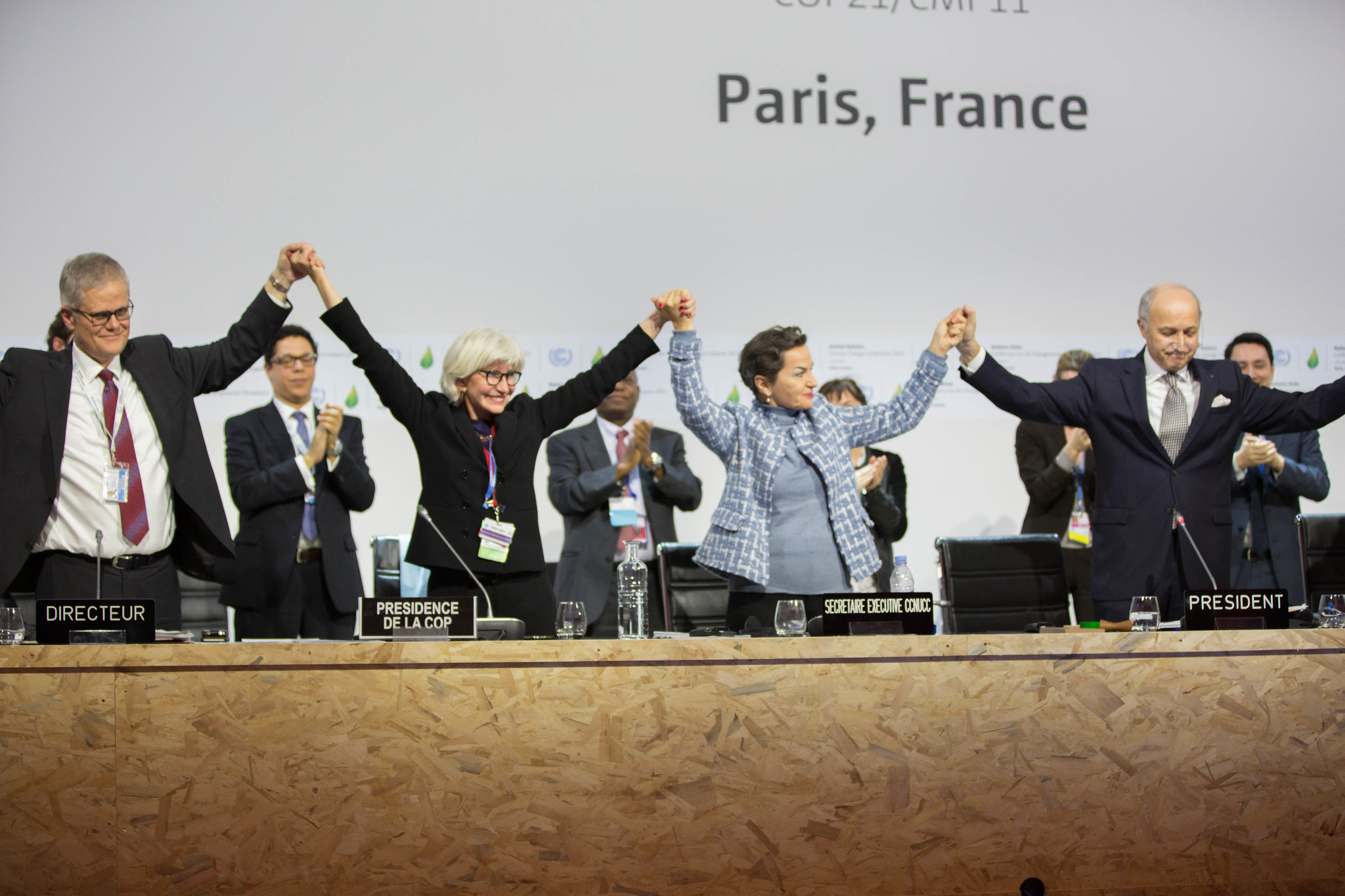
The COVID-19 pandemic revealed serious vulnerabilities in the global health-security architecture. In January 2020, the World Health Organization (WHO) declared COVID-19 to be a Public Health Emergency of International Concern under the International Health Regulations (IHR) of 2005. Although this designation triggered formal legal obligations, states stalled in sharing information and lacked consistency in their application of WHO recommendations. Six weeks later, the WHO officially declared COVID-19 a pandemic. This second declaration carried symbolic and political significance, but lacked legal force.
When viewed through the lens of the ENSURED conceptual framework, the IHR clearly under-performed during the pandemic. COVID-19 exposed a fundamental gap between states’ legal obligations under the IHR and the practical realities of a global health-emergency response.
This recognition quickly generated widespread demands for reform. In April 2020, Chile was the first country to propose a new Pandemic Agreement. The idea gained traction later that year, when European Council President Charles Michel publicly endorsed it. Eventually, a dual-track approach emerged: negotiating the Pandemic Agreement, a new international instrument on pandemic prevention, preparedness, and response (with the European Union as its main sponsor) while also revising the IHR, an effort that was primarily promoted by the United States. At a Special Session in November–December 2021, the World Health Assembly (WHA) established an Intergovernmental Negotiating Body to draft a new Pandemic Agreement. Despite deep political divisions and a polarised environment, delegates managed to reach consensus on a draft agreement in April 2025, which was then formally adopted at the May 2025 WHA.
The Pandemic Agreement is a meaningful, if partial, response to the governance failures exposed by the COVID-19 pandemic.
This report examines the extent to which the newly adopted Pandemic Agreement represents a robust, effective, and democratic reform of the global health-security architecture. It explores the legal and institutional design of the agreement as well as the broader politics surrounding its negotiation. The findings suggest that the Pandemic Agreement scores highly on democracy, but less so on robustness, while effectiveness – though more difficult to assess before the agreement enters into force – is likely to be modest.
In sum, the Pandemic Agreement is a meaningful, if partial, response to the governance failures exposed by the COVID-19 pandemic. It will not transform pandemic prevention, preparedness, and response overnight, and it may exacerbate fragmentation in the global health-security architecture, but it establishes a new legal and institutional foundation on which countries and other stakeholders can build. Whether it becomes a cornerstone of a more coordinated and equitable global health system will depend less on its legal text than on the relevant political and financial choices states make in the years to come.
Key Findings:
- The Pandemic Agreement marks a historic milestone for multilateralism, reaffirming the WHO’s central role and codifying One Health in international law.
- It safeguards democratic legitimacy, but its robustness is limited by aspirational provisions, modest financing, and the unresolved Pathogen Access and Benefit-Sharing Annex.
- Its effectiveness will hinge on political will, as broad goals lack operational detail and implementation depends on states’ choices.
- Ratification will be a central challenge, and even once effective, the treaty may deepen fragmentation and overlap with the revised IHR.
Citation Recommendation: Fernández, Óscar and Mirko Heinzel. 2025. “The WHO Pandemic Agreement: Bolstering Global Health Security Against Political Headwinds.” ENSURED Research Report, no. 12 (September): 1-37. https://www.ensuredeurope.eu.







.png)
